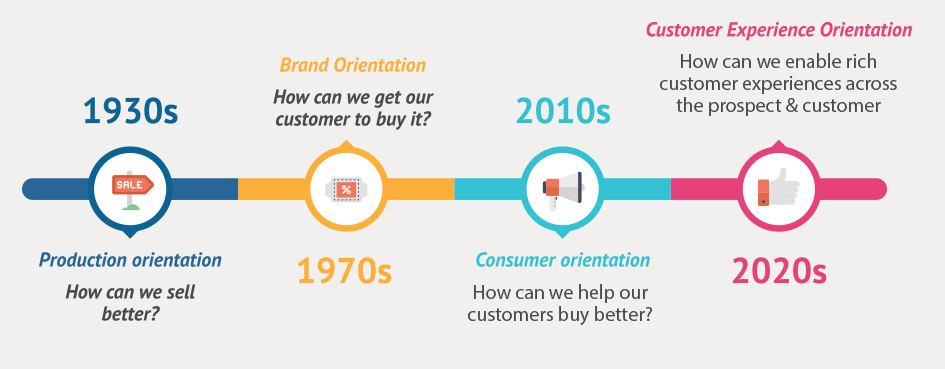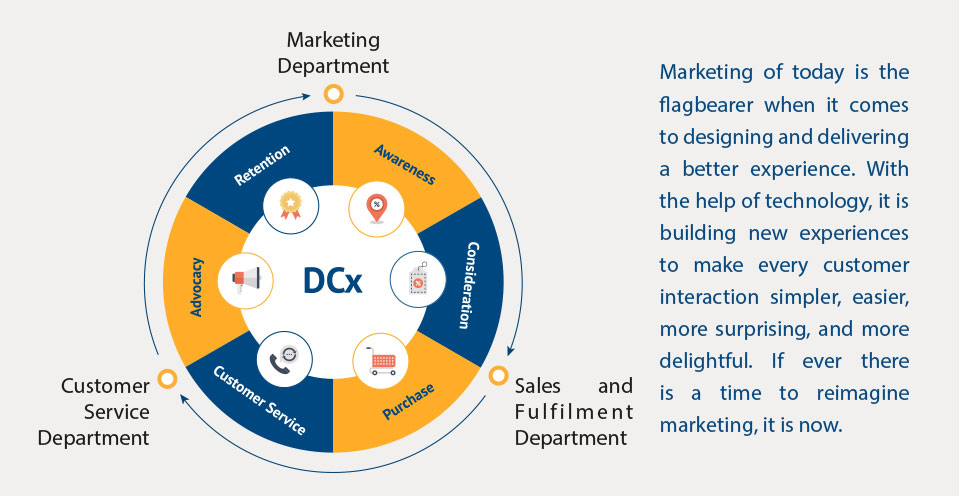
Contents
-
Reimagining Marketing
Marketing Technology platforms are the buzz words in the marketing world today. In some cases, it has been observed that marketing activities have been delegated to MarTech stacks. In many areas it is touted as a differentiator. Right? Wrong? Or a mix of both? Well, the judgement is still out. The fact is that MarTech stacks are here to stay. But the questions that need answers are - Is it one stack fits all - one solution provider or is it through point based solutions? There are no easy answers. This Playbook attempts to put a method to the madness and frenzy around MarTech.
Businesses are grabbing every opportunity to connect with their prospects, customers and partners, while striving to make every connection a worthwhile engagement and a great experience for them. There’s no doubt that there has been an evolution over the years.

Indian organisations have to cater to a wide range of consumers from a myriad of backgrounds, cultures and varying sensibilities. So how does one win? How does one develop a competitive advantage when apparently there is no significant product differentiation? The problem in India is that we have for long been a supplier’s market. Indian organisations, traditionally, are not organised around the customer. They were built around products, sales & distribution networks. It is only in the last couple of decades that marketing has come of age and last couple of years in which MarTech is taking the centre stage.
-
Most organisations still interact with customers only episodically, after the customer has identified the need and looks out for the product. In the developed markets and with digital only platforms, technology has enabled personalised, contextual and customised interactions with customers. Today organisations and services are building deep connections with their customers. Instead of waiting for customers to come to them, organisations are attending to customers’ needs before they arise or as soon as they arise. Marketing today is more about delivering the right experience at the right time, every time. Done correctly and consistently, it creates a competitive advantage and delivers better growth and ROI.
Marketing needs to move beyond the traditional ways of creating seasonal content, engagement, and execution of campaigns to a more agile way of constant creation and measurement that are more data driven and faster to roll out. For e.g. one of the leading financial service providers has automated most of the communication for its customer onboarding and retention journey. These communication touchpoints are not only personalised but also dynamically created based on customer interaction data.
To drive these changes, marketing needs to be more collaborative that includes working with multidisciplinary teams like sales, finance, IT and HR to deliver a seamless customer and connected experience across the customer journey.



